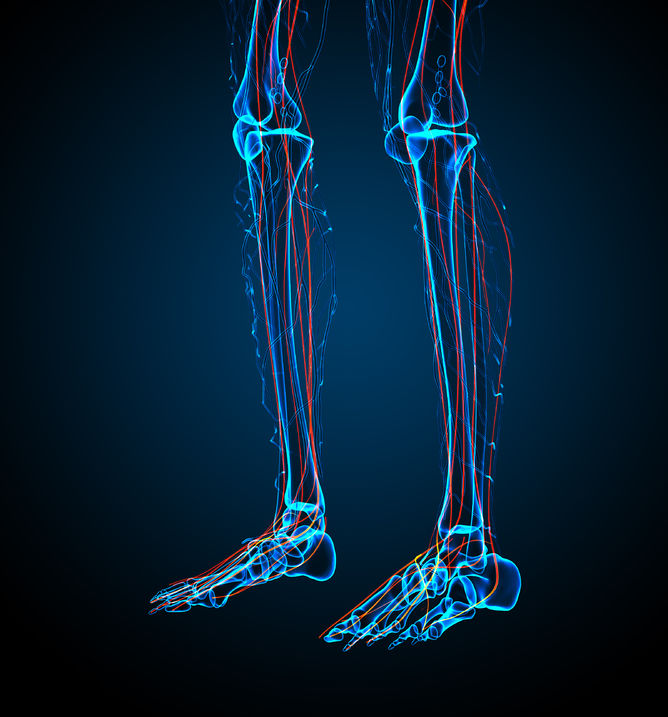Vitamins and Neuropathy
It’s hard to ignore stories of people who have recovered from unbelievably bad situations. Like Ernest Shackleton returning in 1916 with his entire crew two years after their ship was lost in Antarctica. Or Lance Armstrong coming back after testicular cancer to win the Tour de France.
These stories show the importance of the human spirit and determination to overcome adversity. But, vitamins?!! Are you serious?
A patient is bedridden with neuropathy – nerve damage often presenting as pain and loss of sensation. Neuropathy is a common development in patients with circulatory disorders or with diabetes. This patient happens to consult with a community pharmacist who suggests vitamin supplementation. A short time later the patient is able to walk with the aid of a walker. The patient progresses to walk unassisted, and eventually to run. The patient recently completed a half-marathon.
This story comes from a presentation by pharmacist Jeff Robins at the National Community Pharmacists Association meeting in New Orleans last month. I missed some of the early patient details because I didn’t pay close enough attention until suddenly the outcome emerged and I said, “wait…WHAT?”.
Compared to earlier times – perhaps 100 years or more ago – vitamin deficiencies are largely just not much considered as contributing to ill health in the US. Diseases of the past associated with vitamin deficiencies – scurvy, pellagra, beriberi – are relatively rare.

Vitamins and Neuropathy!
But vitamin deficiencies are still around today; we just have to watch for them.
Individuals with certain lifestyles or medical conditions are at risk for nutrient depletion and vitamin deficiency. Patients with Crohn’s disease or who have had bariatric surgery may have difficulty absorbing vitamins. Depending on dietary choices, vegetarians can be at risk for iron, calcium or vitamin B12 deficiencies.
Prescription and nonprescription medications can also deplete nutrients and contribute to vitamin deficiencies. Orlistat (Alli™, Xenical™) inhibits fat absorption, and along with it the absorption of fat soluble vitamins A, D, E and K. Drugs used for stomach acid reduction can decrease iron, magnesium and vitamin B12. The diabetes medicine metformin can decrease levels of folic acid and vitamin B12; this is particularly interesting since both diabetes and folate/B12 deficiency are associated with neuropathy, a common diabetic problem. There are also other medicines associated with vitamin deficiency.
The compelling story of recovery from neuropathy involved a vitamin regimen with six components:
- multivitamin
- CoEnzyme Q-10
- B-Complex
- Probiotics
- Vitamin D3 5000Units
- Multi-Mineral Supplement
It’s important to remember that there are different qualities of vitamins; your pharmacist can help you choose a good brand. Watch for products that are USP verified.
It’s important to have a good diet. I’ve provided a link below to www.choosemyplate.gov, a site which can help you plan your nutrition. I recommend that all patients at least take a multivitamin daily just in case some nutrients happen to be missing from your diet.
If you have concerns about your health, your medicines, or believe that you might benefit from additional vitamin coverage, talk to your prescriber or pharmacist. Community pharmacists are always there to help.
Resources:
NIH Office of Dietary Supplements
Nutrition Information from the US Department of Agriculture











